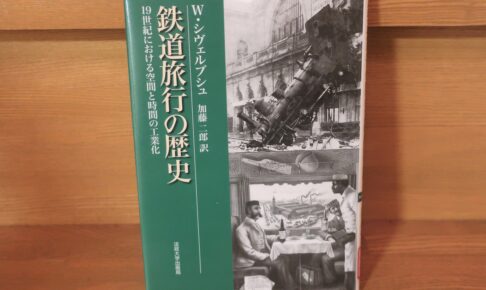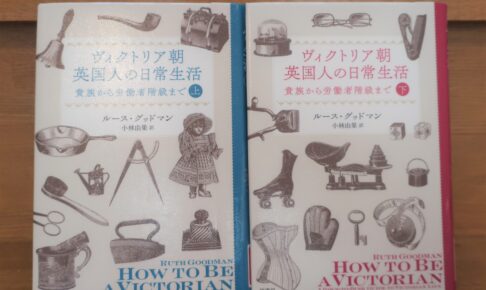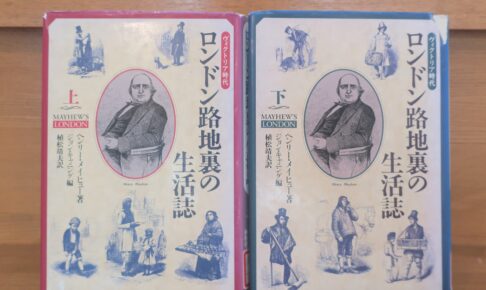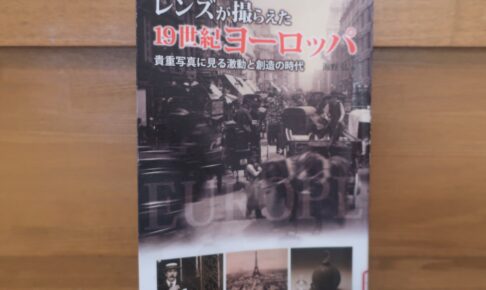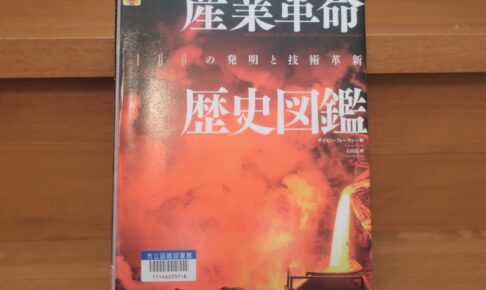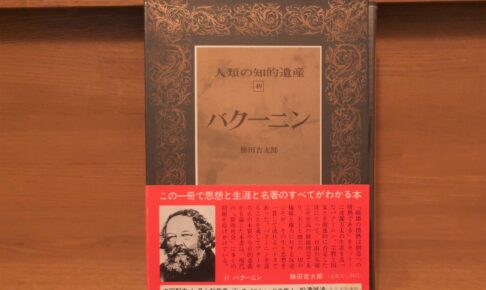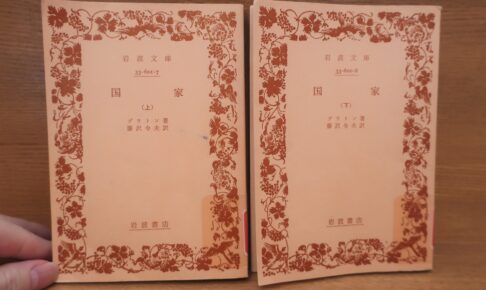W. Siverbuche, "History of Rail Travel" - The invention of the railroad changed human consciousness! A famous book highly praised by Shigeru Kashima, a French literature scholar!
This book is highly praised by Mr. Shigeru Kashima, a French literature scholar who is already well-known on this blog, who says, "This book is very interesting. This must be interesting!
I was excited to open this book, and I must say, Dr. Kashima is amazing! This book is truly "meh" and interesting.
The book shows that the birth of the railroad was not merely about the creation of a convenient means of movement and transportation, but that it fundamentally changed human values and worldview.












